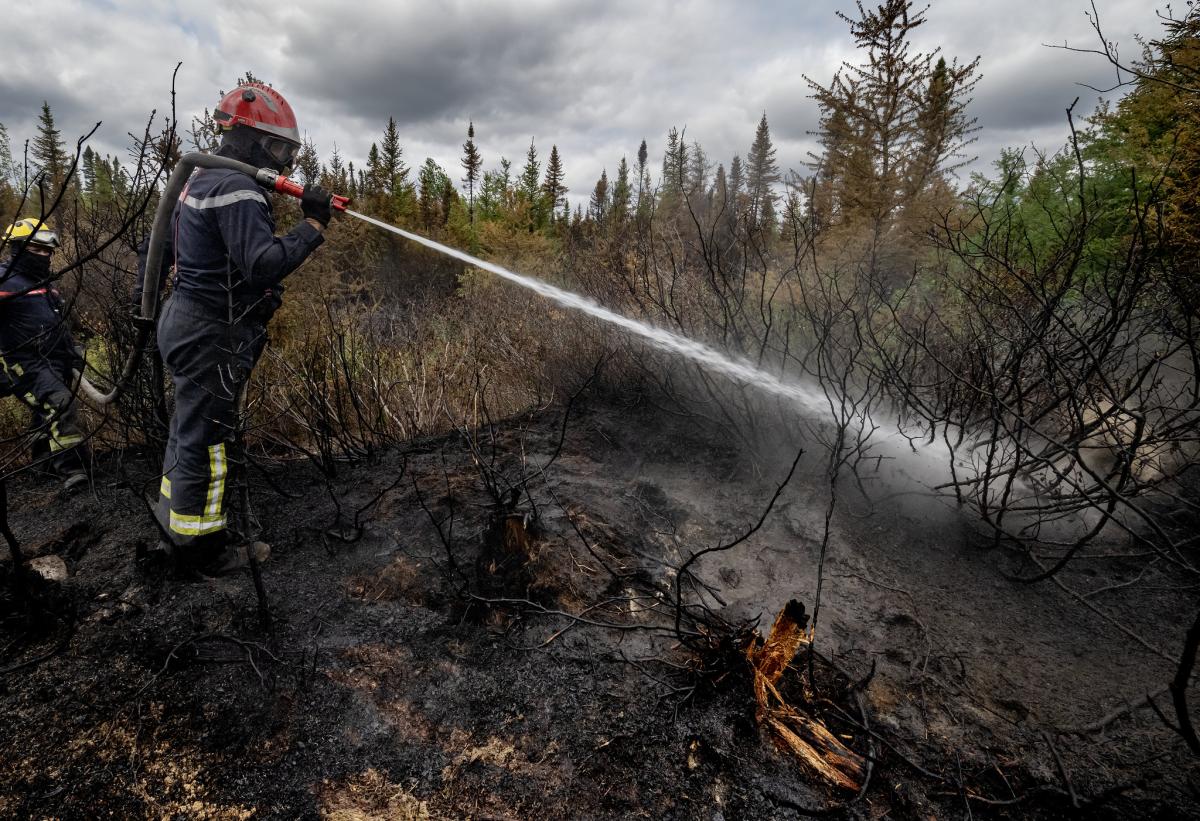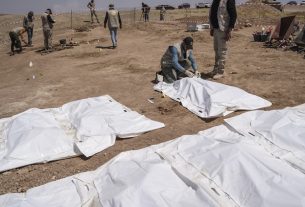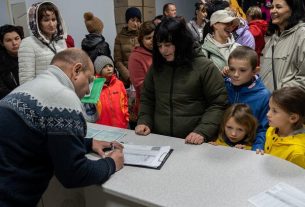Canada has faced the most destructive wildfires season ever on record.
The profound consequences inflicted upon the Canadian land and its wildlife are nothing short of devastating. Such was the magnitude of this disaster that vast billows of smoke managed to reach North America and Europe.
It is estimated that about 10 million hectares have burned since the beginning of the year due to thousands of fires. The burned area now equals the total size of Iceland and is an absolute record in the history of the country.
To tackle these unprecedented wildfires, Canada activated the EU Civil Protection Mechanism. In response, more than 350 firefighters from France, Spain and Portugal helped the country in the fight against the wildfires.
For 2 weeks, the European teams worked independently throughout Quebec, the most affected region, focusing on the protection of urban settlements in the area.
This was the first time the EU Civil Protection Mechanism was activated in North America. In the words of Armando Silva, the team leader for the Portuguese team, “it is extremely important that we support any country, anywhere in the world”.
We embarked on a journey alongside these firefighters, documenting their tireless efforts and capturing this EU solidarity in action. In photos, learn more about their essential work.
To comply with Canada’s safety regulations, Portuguese firefighters are given new steel toe boots upon their arrival to Quebec city before going through training to understand the terrain and ecological makeup of the region.
© European Union, 2023 (Photographer: P. McCabe)
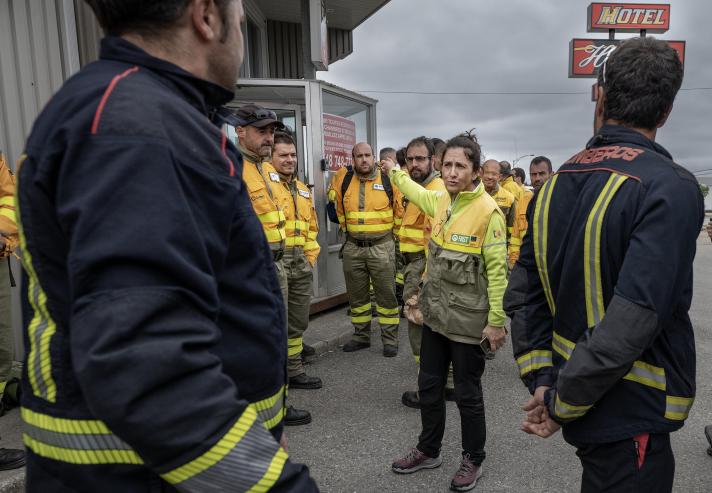
After finishing the training and briefing sessions with their Canadian counterparts, the Spanish firefighters receive instructions from one of their team leaders as they collect and organise their personal belongings in Chibougamau, Quebec.
© European Union, 2023 (Photographer: P. McCabe)
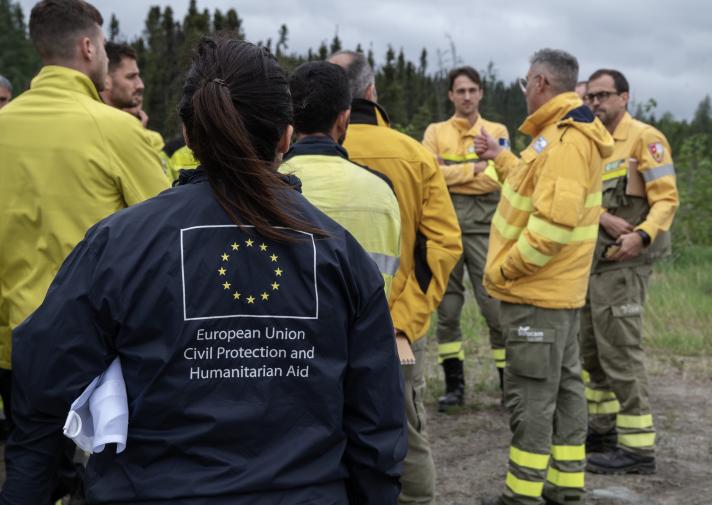
Already settled at their basecamp in Chibougamau, Quebec, Spanish firefighters discuss the coming days of their mission. The teams will live here for two weeks, where they get a place to rest, a bed, a hot shower, food and even laundry facilities.
© European Union, 2023 (Photographer: P. McCabe)

The scorched woodlands caused by wildfires in the central Mauricie region of Quebec Canada, about 715 kilometres north of Montreal where the European teams work. As of 5 July, the wildfires had already burned around 10 million hectares.
© European Union, 2023 (Photographer: P. McCabe)
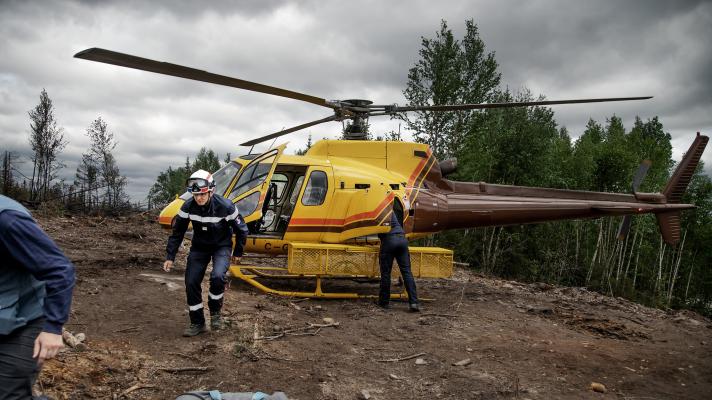
Captain Jérôme Jallet from France walks away from a helicopter after an aerial survey of the woodlands his team worked French firefighters were operating mostly in the Obedjiwan area in Quebec, helping extinguish 2 major fires.
© European Union, 2023 (Photographer: P. McCabe)
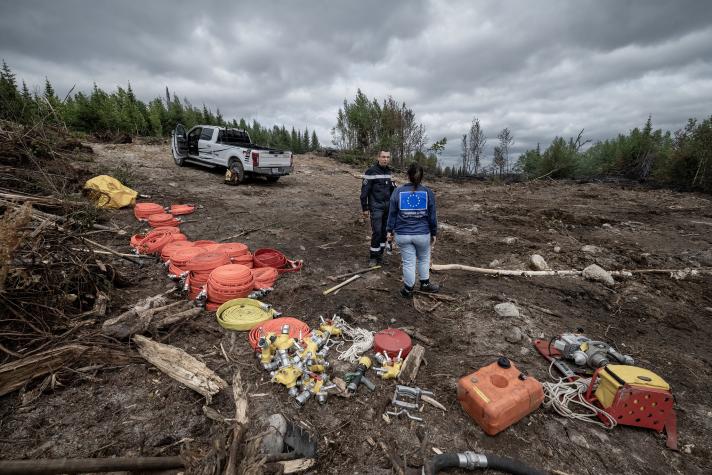
French Captain Jallet explains how his team works: “We systematically put 3 teams on rest in the morning and it rotates so that everyone can do his laundry, rest a little and after 12 noon, return to the field.”
© European Union, 2023 (Photographer: P. McCabe)

French firefighters soak the smouldering moss in the Boreal forest. In Quebec’s Chibougamau Spanish firefighters supported extinguishing activities and the protection of critical infrastructure, such as bridges, and providing analytical support.
© European Union, 2023 (Photographer: P. McCabe)
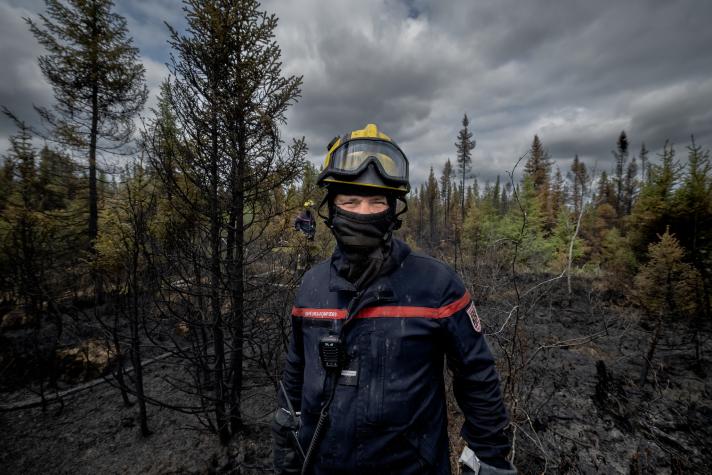
A firefighter from France is masked for protection from smoke and insects in the woodlands as he battles wildfires in the region of Quebec Canada. The massive amounts of mosquitoes added to the harsh conditions that the European firefighters experienced.
© European Union, 2023 (Photographer: P. McCabe)

A French firefighter pulls a firehose into the woodlands as he battles a wildfire in the Quebec region. In parallel, some 300 km away, the Portuguese team worked together with U.S. firefighters to protect the village of Lebel-Sur-Quévillon from the fires.
© European Union, 2023 (Photographer: P. McCabe)
